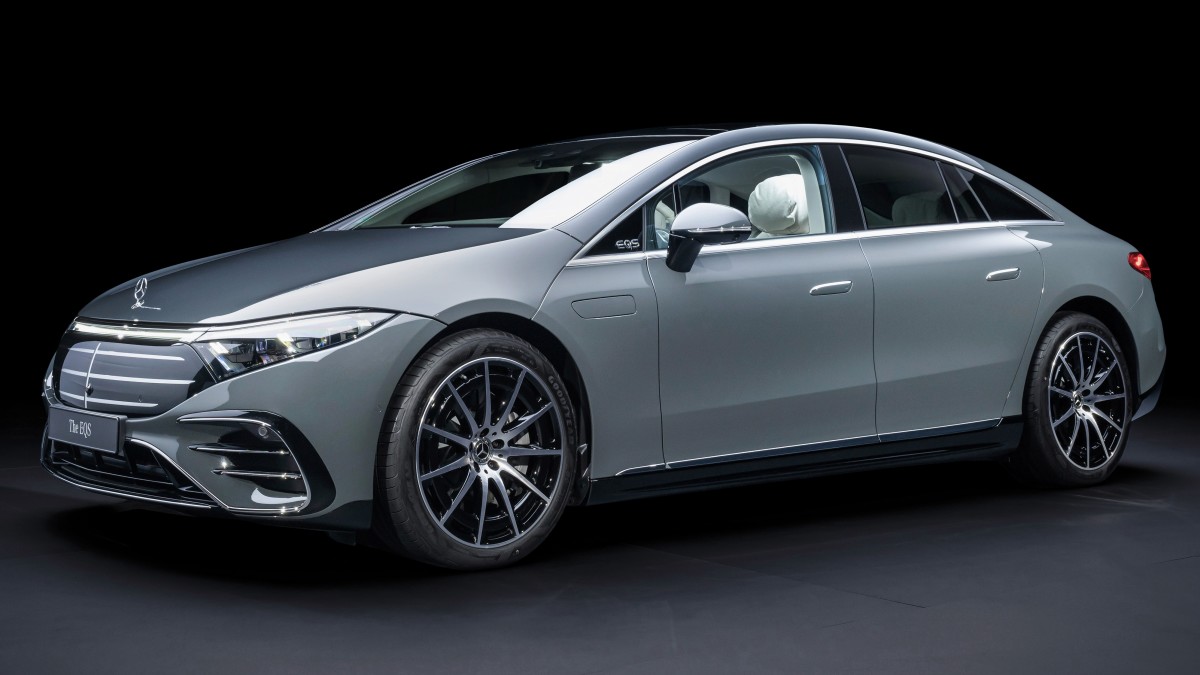
German luxury automaker Mercedes-Benz (DDAIF) is rethinking its EV strategy, and adjusting its North American offerings to reflect its customers' buying habits.
Related: Subaru is bidding farewell to a fan-favorite model after 36 years
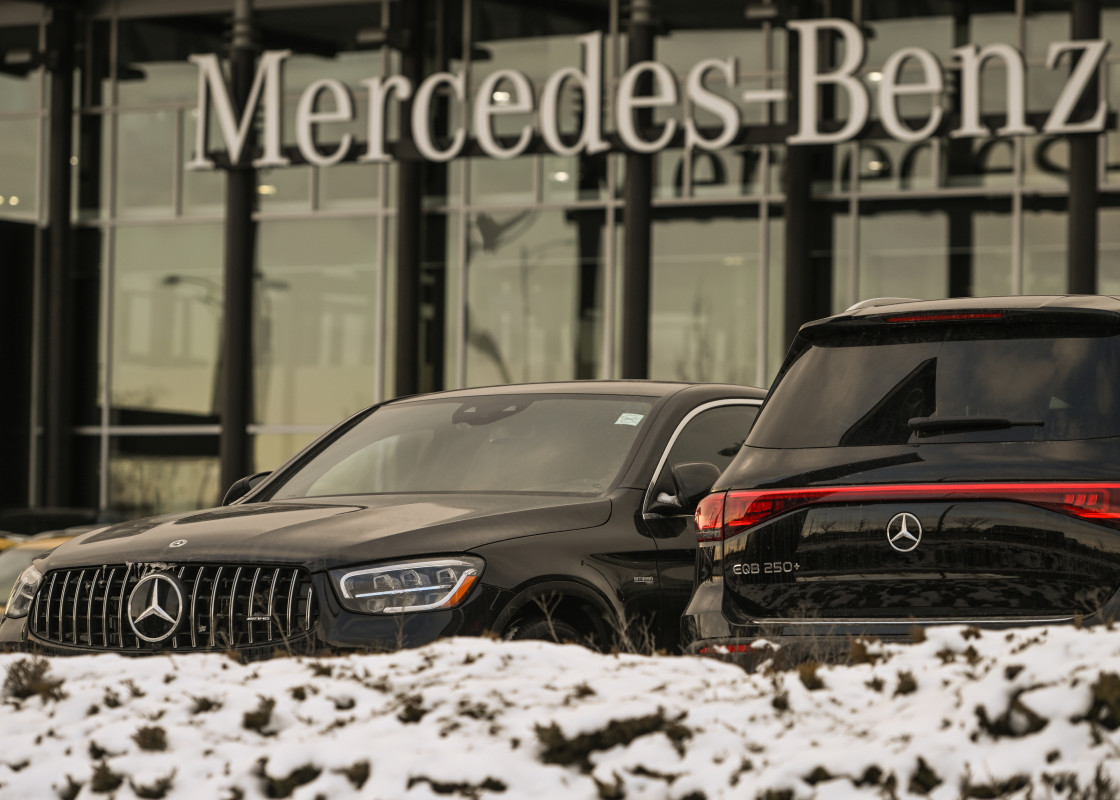
As per a report by Automotive News, the three-pointed star announced that it will be adjusting its stateside electric vehicle strategy during a recent event attended by North American retailers in Stuttgart, Germany.
Attendees who attended said that Mercedes will be shifting from its once-aggressive EV push toward a "flexible and tactical" powertrain strategy that emphasizes full-fledged gas powered internal-combustion cars and hybrids alongside its electric offerings.
"They're not going to force [EVs] on the market," a Mercedes retailer told Automotive News. "They are going to allow the market to dictate" what the brand will deliver.
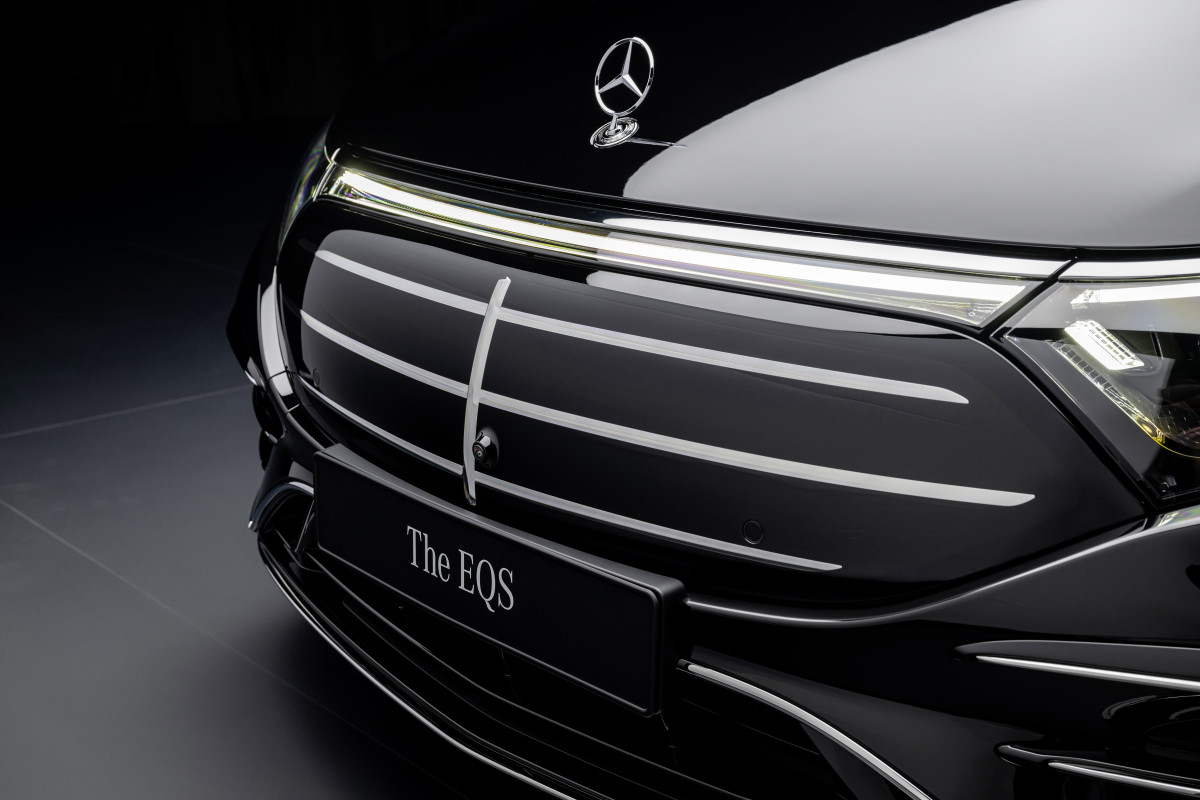
Mercedes-Benz
The luxury automaker is expected to ramp up its supply of internal combustion engine and hybrid vehicle supply in 2024 and is anticipating to sell gas powered models well into the 2030s. Additionally, the brand told its retailers that it is committed to investing in further development of V8 engines, noting "significant demand" for the powertrain.
"Every dealer body is concerned with this transition to electrification and whether it matches the consumer's pace," said New York City-area Mercedes dealer Joseph Agresta.
"We've all seen a leveling off to some degree of customer demand for BEVs, so we should have powertrains that customers want."
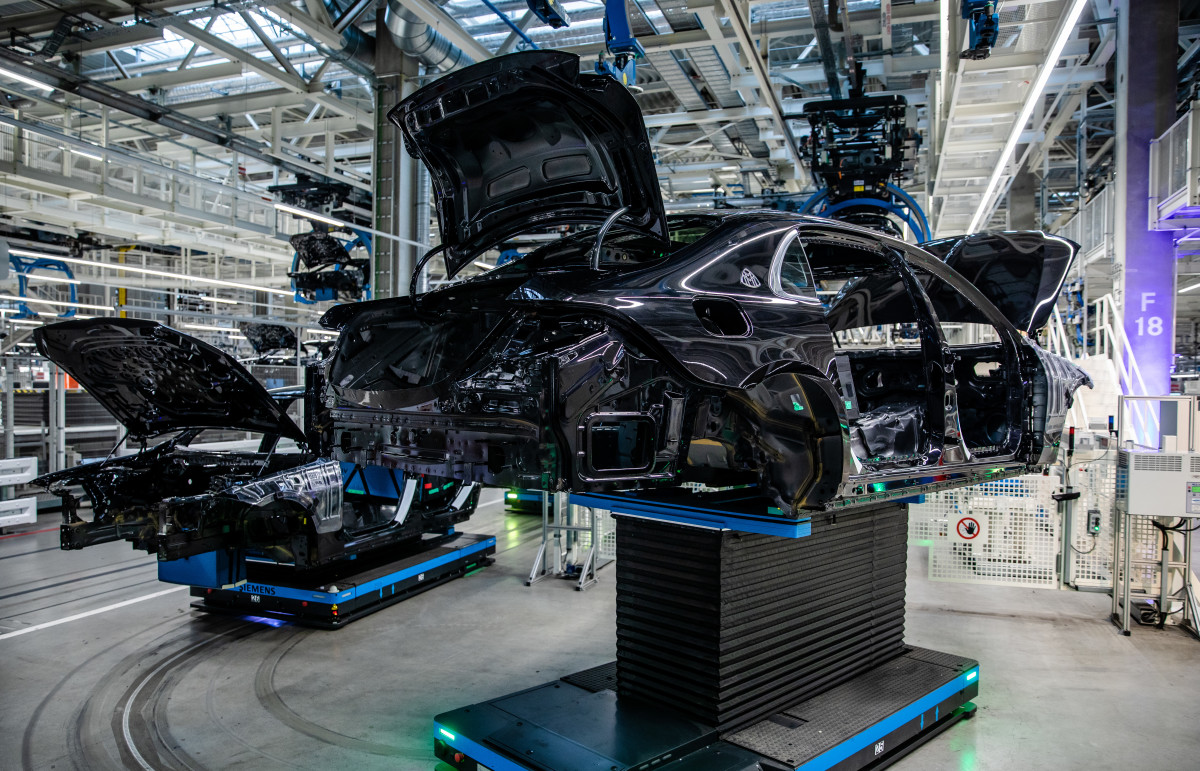
Flexibility will be the buzzword for future Mercedes-Benz models, as future models will share platforms that will be capable of supporting gas-powered, hybrid and full EV setups. Specifically, in regards to EVs, the company is moving past the "jellybean" look and EQ branding on future models.
Mercedes is also relying on a new strategy of diverse offerings to move the needle in the United States, where it expects to sell about 50,000 more coupes, sedans, crossovers and SUVs in the U.S. in 2024.
The three-pointed star is bringing 25 new and updated models to showroom floors this year, highlighted by entry and mid-level offerings such as the redesigned mid-segment E-Class sedan and the plug-in hybrid version of the mid-size GLC crossover SUV.
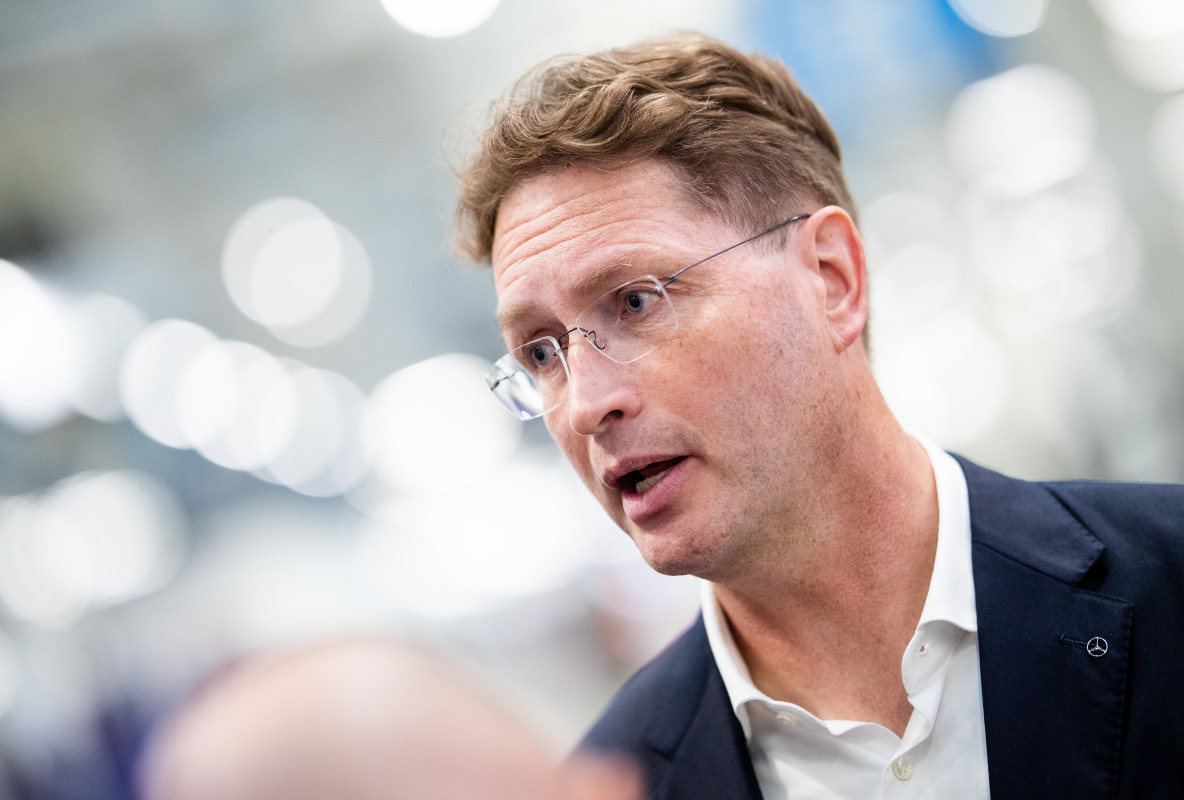
Though it seems like Mercedes is out to sell cars by the dozen, CEO Ola Källenius told dealers that it is focused on making a profit and "doing business that makes sense." For a brand like Mercedes, that means finding dollars where it counts.
For instance, at the extreme high-end, dealers are encouraged to drive bespoke sales of its AMG performance line to its higher-earning customers.
"That helps increase profitability and demand," a dealer told AutoNews. "Most people at that level want to have a unique vehicle that they have customized as opposed to a stock car."
More Business of EVs:
- A full list of EVs and hybrids that qualify for federal tax credits
- Here’s why EV experts are flaming Joe Biden’s car policy
- The EV industry is facing an unusual new problem
Additionally, Mercedes is dead set on improving vehicle quality, and is encouraging dealers to take initiative when it comes to addressing issues.
"Every metric is being looked at, every effort is being made — from design to production — to make sure that the quality matches customer expectation," Agresta said.
"We've got work that we have to make sure we are doing to take care of the customer when they do have a problem."
Related: Veteran fund manager picks favorite stocks for 2024







